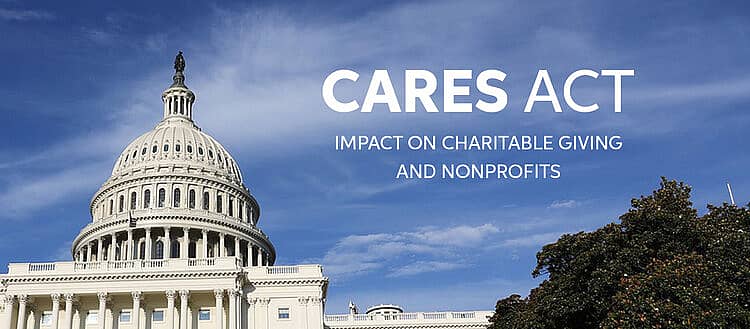
Looking to give back this holiday season? We have some good news with relation to supporting charitable causes you and your family care about.
This year, there are several incentives through the CARES Act (Coronavirus Aid, Relief, and Economic Security Act) that make it easier on you and your bank account to donate to organizations like Jett Foundation.
New deductions. The CARES Act stipulates that individuals can deduct up to $300 in annual charitable contributions without the need to itemize their deductions. In the past, the standard deduction encompassed charitable contributions. This new language allows you to take the standard deduction plus an additional $300 in charitable contributions “above-the-line” without having to itemize, thus further reducing taxable income.
- What does it mean for you and your family? The CARES Act makes it easier for you and your family to give potentially larger donations up to $300 for an individual without having to do the legwork of listing every charitable contribution you made during the year (as long as the individual donations are less than $250; either way be sure to keep receipts for your records). AND you lower your taxable income!
New Charitable Deduction Limits. As part of the CARES Act, individuals can elect to deduct cash contributions, up to 100% of their 2020 adjusted gross income, on itemized 2020 tax returns. Previously, the limit was 60% of your gross income.
- What does it mean for you and your family? If you are in a position to give a large donation, this might be a great year to do it with the increased allotments for deductions.
Required minimum distributions (RMDs) waived in 2020 for most donors: RMD’s for individuals over age 70 ½ are suspended until 2021.
- What does it mean for you and your family? The CARES Act didn’t alter the rules surrounding the use of a Qualified Charitable Deduction (QCD) where individuals 70 ½ or older can make a charitable gift directly from their IRA to a charity while avoiding taxable income. What the CARES Act changed is the ability for individuals between 59 ½ and 70 ½ to deduct 100% of an individual’s adjusted gross income, giving more people access to the QCD advantage.






